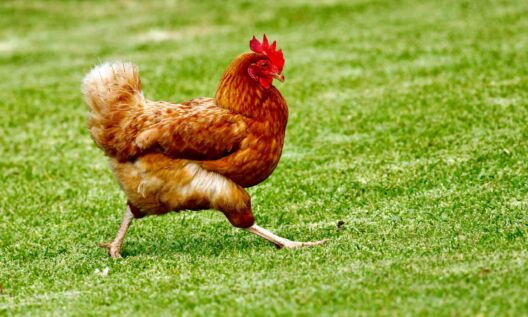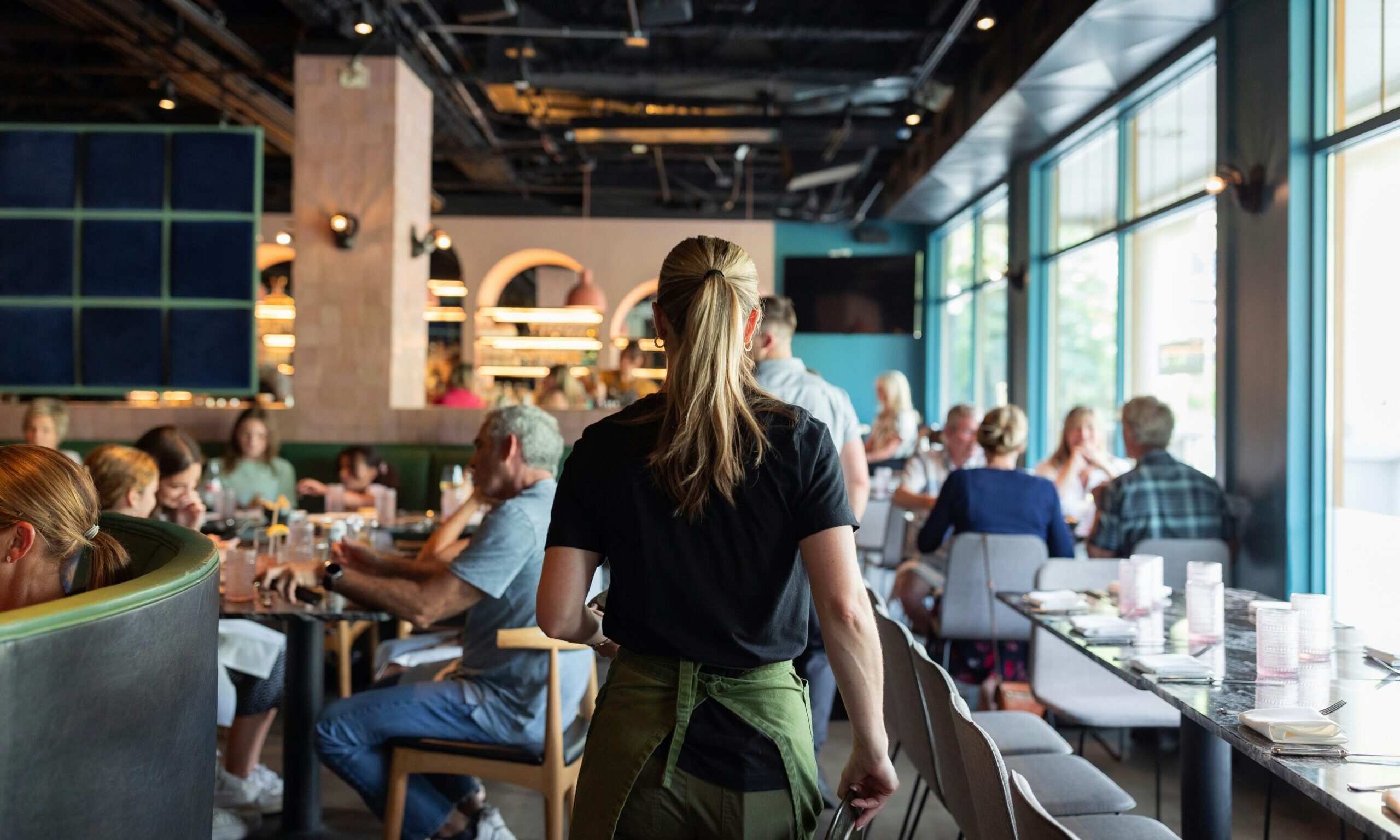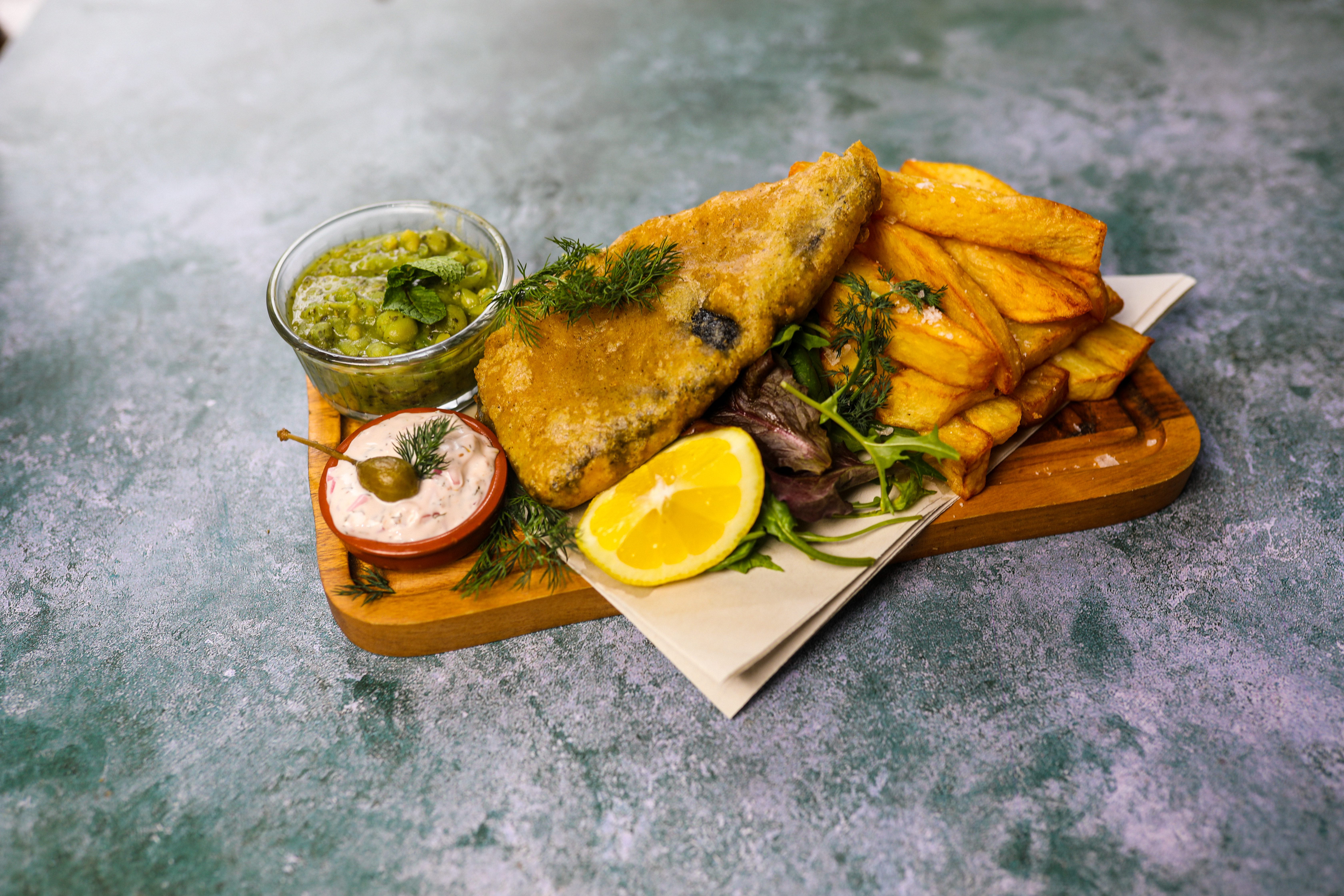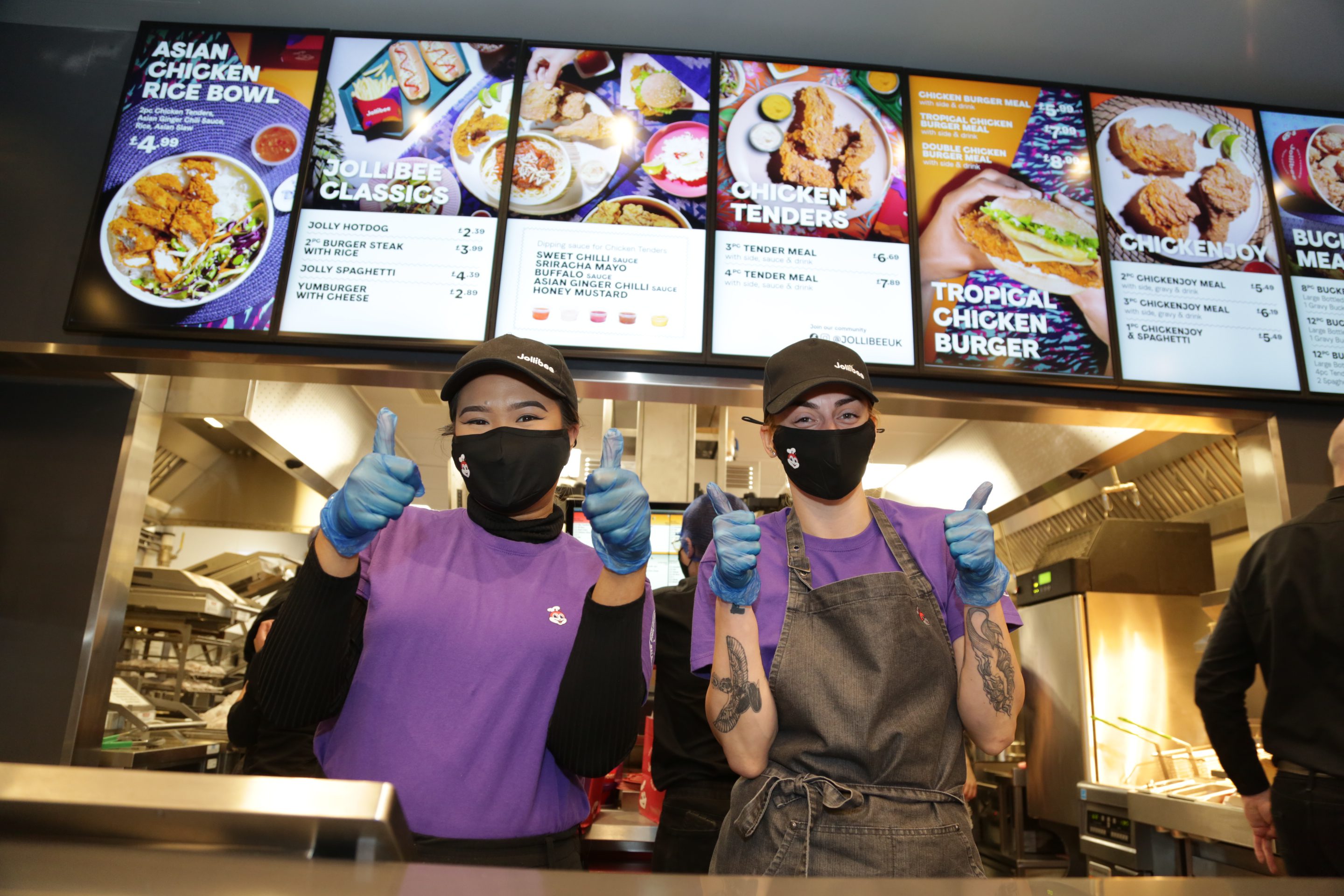Register to get 2 free articles
Reveal the article below by registering for our email newsletter.
Want unlimited access? View Plans
Already have an account? Sign in
Popular culture is often led by narratives that a generation or population is exposed to en mass, with the mass media playing a crucial role in recent times. Whether it is David Attenborough cautioning of irreversible changes to the Earth’s environment on a primetime BBC slot, or a damning exposé of an entire industry capturing the imagination of Netflix viewers, it seems inevitable that environmentalism, sustainability, and veganism are set to bury themselves into British popular culture.
However, what happens when these practices directly combat traditions that are steeped in British heritage? Does the staple that is fish and chips have to be replaced entirely as Britons reject fish for vegan alternatives after watching Seaspiracy on their televisions? For Daniel Farrow, owner of Norwich restaurant The Gatherers, the battle does not have to be so black and white, as at the end of the day “it’s just food”.
A “plant-centric” venue, The Gatherers usually acts as a European bistro, offering an a la carte menu that revolves around local produce. Included in the menu is a nori wrapped tofu dish, a replication of a fish dish, which moving forward will “potentially” use a Norfolk-based soybean farm to supply the plate’s key ingredient.
However, through both the pandemic and growth ambitions, Farrow has set upon a path of diversification. Since hospitality’s outdoor reopening on 12 April, The Gatherers has traded with a “temporary barbeque menu”. Featuring Beyond meat burgers and vegan hot dogs, the refined menu will remain until indoor hospitality reopens on 17 May.
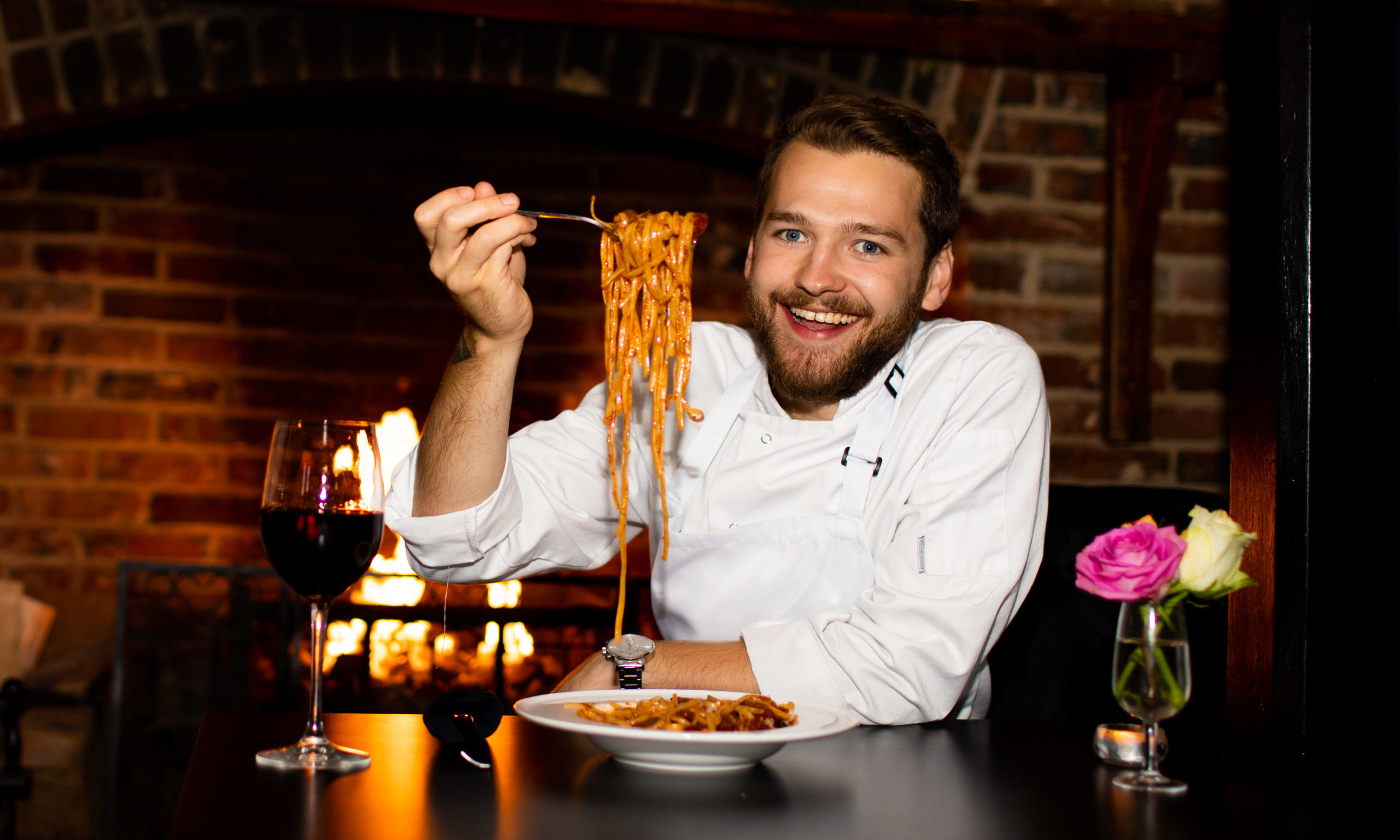
Farrow also aims to launch Garden Club and Italiano Vigano, two bricks and mortar ideas that may have to begin life in takeaway form. It is this takeaway notion that Farrow has already exhibited during lockdown life with The Gatherers’ vish and chips takeaway. “A British classic fish and chips menu, but veganised,” the decision was made to serve the vish and chips so as not to let the European bistro creations lose their class and “become mediocre in the process of travelling”.
Yet, the vish and chips is a sign of how far alternative dining options have come over the past few years, and how far plant-based creations can still go. “I started adapting to a plant-based diet and options were so limited even just six years ago, it’s a really short amount of time,” says Farrow. “And now it is every day that you hear of a new vegan restaurant or vegan business opening up.”
As for meat-free alternatives, the discourse of fish’s health and culinary benefits being difficult to replicate is beginning to phase into the background. According to a survey conducted by Finder, the number of vegans in the UK increased 40% in 2020, with 3% of the population now managing a vegan diet in 2021. Pescetarianism may in turn become a thing of the past as companies such as Quorn capitalise on ‘fishless fish’ products and restaurants like as The Gatherers offer ever-improving seafood replacements.
“I do think it’s definitely going to keep going. I think negative stereotypes are starting to fade away and people are starting to understand it more. People are more conscious about their health, they’re more conscious about the environment, and there are so many factors that are involved.
“Not everyone’s vegan or plant-based because they care so much about animal rights issues, some people are for health and some people really do care passionately about animal welfare. Some people just want to change a little bit in their diet and introduce more plant-based foods, and the industry is growing because the consumer base is growing. I don’t see that stopping.”
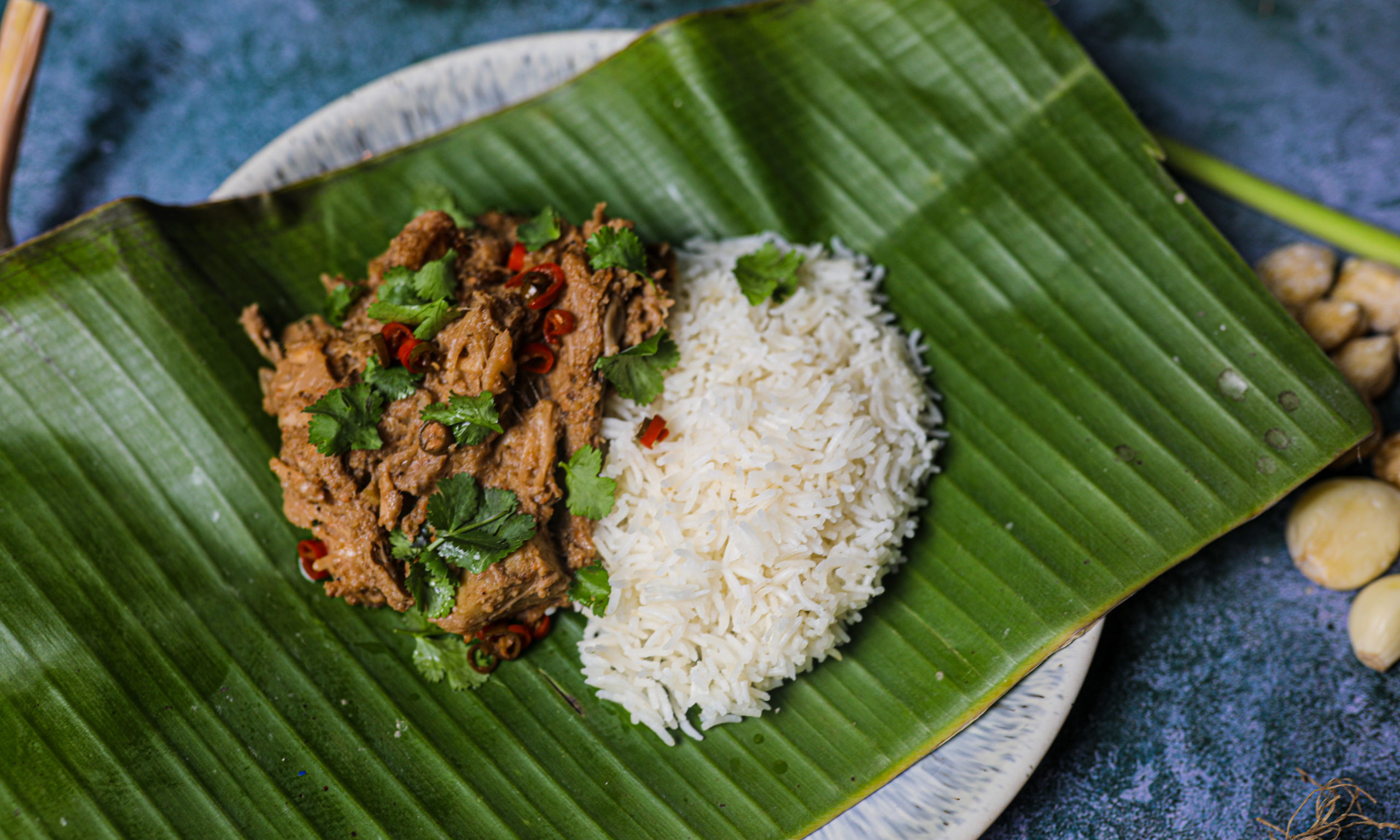
Nevertheless, Farrow is quick to point out that the difference between plant-based alternatives and other dishes should not have to be so combative. He says: “On our website and on our menus we describe it as plant-centric in that plant-based foods are the centre of the dish. So, instead of it being vegan, which I think sometimes people associate with a diet or a lifestyle choice as a whole, it instead just says, ‘it’s just food that so happens to be vegan’.”
At The Gatherers, Farrow cites that roughly 80% of the customers are not vegan, and 30% to 40% don’t even realise the venue is plant-based having walked into the site without a booking. He claims that this approach of just serving food “removes the stereotypes associated with vegan food, it removes that whole association.” Farrow adds: “I think it makes people realise that actually, they can eat more plant-based foods without it having to be a big deal, or a big step that they have to take.”
Moreover, for Farrow, the goal isn’t to force veganism upon his customers or the wider population, whether through his restaurant or a Netflix hit. Instead, he emphasises the importance of “encouraging people to really start thinking about what they are eating and where it is coming from”.
Farrow highlights that it should not be forgotten that many plant-based ingredients can also prove unsustainable. “It’s really easy to say that because it is vegan it is therefore sustainable,” he says. “But that’s obviously not always true.” Farrow hints to “discrepancies” in terms of avocado farming sustainability and ethics, and the “airmiles” associated with coconut production as key examples of this.
He adds: “I’m not advocating any particular diet, but I think if you live in Cornwall, and there are rope grown mussels, that the impact on the environment and the ecosystem is less than farmed salmon. I’m not saying to do that, but it sounds like a better alternative from the outside looking in. I think it’s really important to take responsibility for the impact you have with what you’re purchasing.”
Therefore, Farrow is certain that knowing where your produce has come from is key in maintaining sustainable and responsible eating habits. However, he also argues that it is central in ensuring that British heritage, and popular culture of old, will by no means be phased out through the introduction and acceptance of plant-based alternatives.

“It’s in the produce,” says Farrow. “You can go to a restaurant and have a classic British dish, but quite often some of that produce might not even come from Britain. For example, we do a really nice picker’s pie. Instead of a cottage or shepherd’s pie, it’s made from ingredients that have been picked and sourced locally and that’s about as British as you can get. Potatoes from a farm down the road, and mushrooms and different ingredients that come from a local, independent, great British farm.”
Farrow runs his European bistro as if it is no different from the next restaurant over. However, The Gatherers’ “plant-centric” menu, containing nori wrapped tofu, vegetable picker’s pies, and takeaway vish and chips, is a personification of the strides plant-based alternatives have taken in both supply and demand in the British food chain.
Yet, while many seem to be on the brink of turning their backs on fishing and farming altogether, Farrow continues to champion an approach of simply understanding where a dish has originated from. This way, the battle between meat and veg, or fish and vish, does not have to be so black and white, meaning emerging trends in British popular culture may not result in a shunning of the nation’s culinary heritage.


